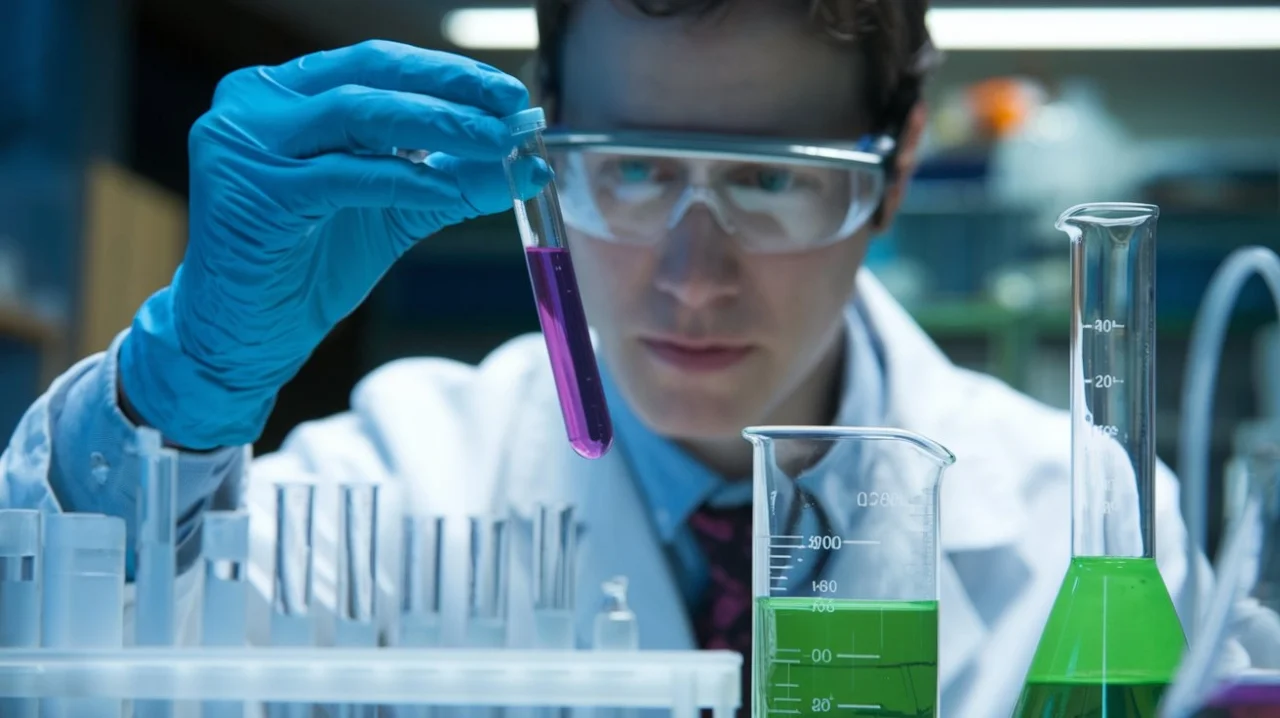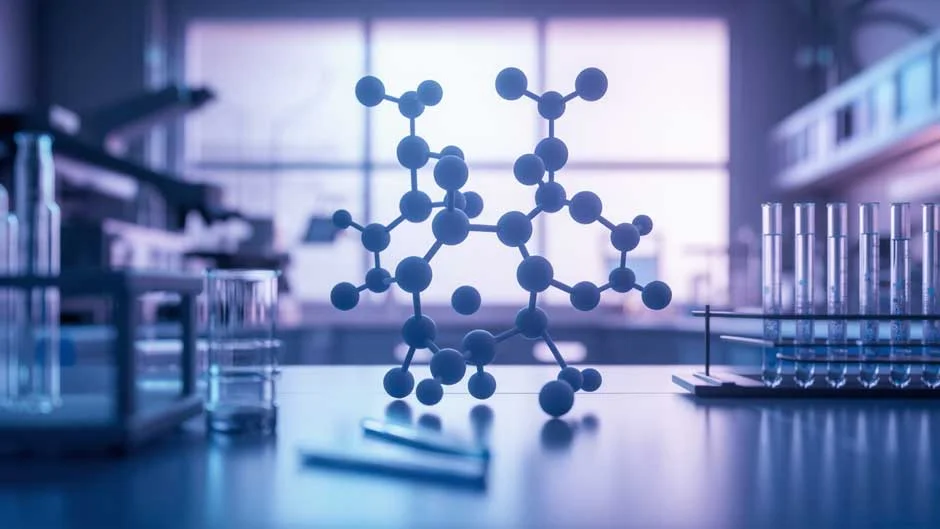What Is Depomin82? Introduction & Definitions
Depomin82 is a versatile synthetic connection with remarkable applications in both industrial and medical fields. This innovative material is known for its high thermal stability, chemical resistance, and mild shelf life, and acts as both a catalyst and a biocompatible agent. Whether renewable energy is used in storage, advanced production, or transplantable medical equipment, Depomin82 provides increased performance and stability. In bridge, the material science and pharmacology, Depomin82 opens the doors – the battery provides strength to the more sustainable prostheses than improving life and solar panels. The extensive use and future capacity make it a prominent player in innovation-driven industries.
Medical & Biocompatible Applications of Depomin82
Depomin82 shines in state– species – -art medical transplant and biocompatible applications, thanks to its impressive stability and strength. Used in orthopedic and dental transplants, it integrates well with bone tissue and counteracts rust, and supports long-lasting dentures and surgical units. In cardiac care, a stent is coated with depomin82 to reduce the risk of blood clots and restenosis.
The porous, stable structure also makes it ideal for advanced drug distribution systems, which make microcelectrodes that gradually release medications, protect medications, and enable targeted distribution to specific tissues. Researchers search for Depomin82 scaffolding for tissue technology, which is activated by new tissue, cell growth, and biodegradation.
These biocompatible applications -covered implants, drug delivery, and tissue scaffolding -are Harde Nigomine 82 in both medical and material scientific innovation.

Depomin82 in Industry & Manufacturing
Catalyst Roles in Chemical Manufacturing
Depomin82 functions as a high-efficiency industrial catalyst, accelerating chemical reactions in manufacturing processes. It delivers faster turnaround times and reduced energy needs, making it a cost-effective alternative in plastic polymer production and specialty chemicals.
Material Science – Composites & Electronics
When incorporated into polymer composites and electronics, depomin82 significantly improves durability, thermal stability, and electrical conductivity. This makes it ideal for semiconductors, sensors, and lightweight yet strong components in the aerospace and automotive industries.
Biodegradable Implants & Prosthetics
In materials science, depomin82’s strength-to-weight ratio and biocompatibility allow it to be used in biodegradable implants and prosthetics. These medical-grade composites support patient healing while offering sustainable alternatives in surgical technology.
From accelerating chemical manufacturing to strengthening electronics and enabling biocompatible prosthetics, depomin82 showcases its versatility in industrial and medical materials innovation.
Depomin82 in Energy & Environment
Depomin82 plays a key role in renewable energy and environmental applications by improving battery life and enhancing solar panel efficiency. It boosts energy storage systems, enabling more durable and eco-friendly solutions for grid backup and sustainability. Its thermal stability and porosity help filter pollutants in water treatment, supporting environmental remediation. Overall, Depomin82 strengthens energy storage, reduces carbon emissions, and contributes to greener tech infrastructure.
Regulatory Standards & Sustainability
Depomin82 meets strict regulatory standards like RoHS II, ensuring it’s free from hazardous substances such as lead, mercury, and phthalates. Manufacturers affix the CE mark and maintain a Declaration of Conformity, supporting global trade compliance. For environmental responsibility, firms adopt ISO 14001-aligned frameworks to enhance resource efficiency, reduce waste, and track carbon footprint. These certifications and sustainability measures aren’t just bureaucratic—they reinforce Depomin82’s legitimacy, credibility, and trustworthiness in both industrial and medical markets. Compliance boosts its appeal for investors, manufacturers, and eco-conscious consumers alike.
Comparison: Depomin82 vs. Alternative Materials
Depomin82 outperforms many alternative materials in both energy storage and industrial applications. Unlike traditional binder systems like PVDF or CMC, which support battery cycles but often lag in stability and sustainability, depomin82 offers higher thermal stability, better electrical conductivity, and longer battery life.
When compared to cobalt-free cathodes (such as LFP or LMO), depomin82-based composites deliver improved durability and conductivity, while avoiding heavy-metal risks. Its Nano-engineered structure supports fast-charging performance and maintains capacity over time, solving common limitations in lithium-ion batteries.
In industrial catalysis, depomin82 accelerates chemical manufacturing with lower energy consumption and reduced carbon emissions—unlike traditional catalysts, which often require higher temperatures and produce more waste.
Overall, the comparison shows Depomin82 excels in battery performance, composite materials, and sustainable manufacturing, positioning it as a top choice over traditional binders and catalysts.
![]()
Challenges, Risks & Supply Chain Issues
Depomin82’s production can face raw material shortages, single-supplier dependency, and manufacturing delays, mirroring broader pharmaceutical and industrial risks. Quality control lapses or factory equipment failures may disrupt supply, impacting timelines and costs. Additionally, logistical hurdles—like transportation delays or regulatory shifts—pose challenges for global trade compliance and lead times. To mitigate these risks, companies must diversify suppliers, implement robust auditing, and improve end-to-end supply chain visibility.
Future Opportunities & Research Directions
Depomin82 holds huge potential in battery research and renewable energy systems. Its integration into greener batteries—using biomass-derived electrodes or non-toxic electrolytes—can boost sustainability and circularity in energy storage.Collaborations between universities, industry, and regulators will accelerate commercialization and optimize designs through pilot projects and hybrid systems combining batteries and hydrogen storage . Future studies should explore scalable manufacturing, lifecycle assessments, smart grid integration, and the role of depomin82 in smart energy networks. This positions depomin82 at the forefront of eco-friendly, next-gen battery innovation.
Depomin82 in Action: Case Studies
Case Study 1: Small Marketing Agency Efficiency
A boutique marketing firm integrated Depomin82 to automate client reporting workflows. Previously a manual, hours-long process, it now completes in minutes—freeing up team time for strategy and content creation, boosting productivity and reducing human error.
Case Study 2: University Administrative Streamlining
A mid-sized university implemented Depomin82 within its student records and attendance systems. The result: fewer administrative errors, faster enrollment processing, and better data management, significantly improving back-office efficiency.
These real-world examples show Depomin82’s tangible impact on business operations and educational administration, highlighting measurable gains in efficiency, workflow automation, and operational accuracy.
FAQs: Industrial Uses, Safety & Certification
Q: Is depomin82 safe for industrial use?
A: Yes. Depomin82 adheres to Good Manufacturing Practices (GMP) and undergoes rigorous quality testing to ensure manufacturing safety and reliability.
Q: Does depomin82 meet international certification standards?
A: It complies with RoHS II, CE, and ISO 14001 benchmarks, ensuring global regulatory acceptance and sustainability credentials.
Q: Can depomin82 be used for energy, battery, or electronics applications?
A: Absolutely—it boosts thermal stability in electronics and enhances battery performance, and is used in renewables, sensors, and composites.
Conclusion: Depomin82’s Place in Future Innovation
Depomin82 stands at the forefront of modern innovation, blending materials science, renewable energy, medical applications, and industrial manufacturing into a unified, high-performance compound. With its thermal stability, biocompatibility, and energy storage benefits, it outpaces traditional materials and promises greener, more efficient solutions. As research explores scalable manufacturing, smart-grid integration, and personalized medicine, Depomin82 is poised to shape next-gen technologies. From catalysts and composites to implants and batteries, it’s not just a material—it’s a cornerstone of future innovation.















